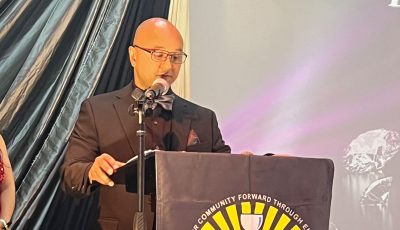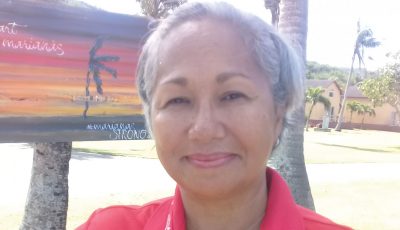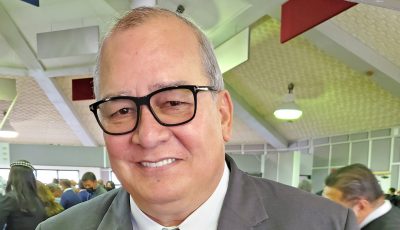New CW permits now available
Delegate Gregorio Kilili C. Sablan (Ind-MP) announced yesterday that U.S. Citizenship and Immigration Service has begun implementing his Northern Mariana Islands Economic Expansion Act, which President Trump signed into law on Aug. 22.
An additional 350 CW-1 permits are now available for current employees whose permits expire between Aug. 23 and Sept. 30 of this year. The permits are good for a full year.
The legislation lifts the fiscal year cap on CW-1 permits from 12,998 to 13,348, the first time that the number of CW-1 permits has been allowed to increase.
Sablan introduced his legislation to help local businesses that rely on CW workers, but that were unable to renew their long-time employees after the sudden influx of Chinese construction workers used up available permits. Sablan’s bill quickly passed the House in January, but faced prolonged resistance in the Senate because it added to the number of CW permits.
In addition to making more CW permits available, the new law also prohibits the use of CW permits for new construction workers, to avoid a repeat of this year’s problem.
“Our existing construction companies will still be able to renew workers who have been here before Oct. 1, 2015,” Sablan said. “But new construction workers are going to have to use H-2B visas, of which we have an unlimited number.”
Sablan was able to get legislation enacted in 2014 that exempted the Marianas from the national cap on H-2B visas.
The Northern Mariana Islands Economic Expansion Act also puts increased emphasis on training local, U.S. workers to fill jobs now held by foreign workers. The education fee that employers must pay for every CW-1 worker they hire now goes from $150 to $200. These fees are turned over to the Commonwealth government, which has already received close to $10 million to train U.S. workers.
Looking ahead
Looking ahead, Sablan expressed concern about the number of CW permits that will be available for fiscal year 2018, which begins Oct. 1. U.S. Citizenship and Immigration Services is expected to announce the cap soon.
“We had very good relationships with the Obama administration over the last eight years and were able to keep the cap high. Last year, USCIS only cut us by one permit, from 12,999 to 12,998.
“But now we have a new, get-tough-on-immigration President.
“Fortunately, Gov. [Ralph DLG] Torres has met with the President and explained our continued need for outside labor. I hope the President listened to the governor and will keep the CW cap high, just as the Obama administration did.”
Sablan said he also plans to resume discussions with the working group of congressional offices that helped write the Economic Expansion Act, when he returns to Washington next week.
“Our next task is to put together legislation that ensures the Marianas has enough labor beyond 2019 to keep our economy growing and to ensure that the number of U.S. workers continues to grow.
“Once this bicameral, bipartisan working group reaches agreement on that long-term policy, then we can introduce legislation.
“The governor’s office, of course, will also be invited to participate,” Sablan added. “And we will continue to consult with the White House and USCIS.”
Sablan thanked acting Homeland Security secretary Elaine Duke and acting U.S. Citizenship and Immigration Services director James McCament, and their staff, for moving quickly to implement his new law. The agency posted guidance on its website yesterday at https://www.uscis.gov/working-united-states/temporary-workers/cw-1-cnmi-only-transitional-worker/cnmi-only-transitional-worker-cw-1-cap
Individuals with questions about their specific case or other questions about the CW-1 program are encouraged to make an appointment at the USCIS Application Service Center on Saipan. (PR)



























